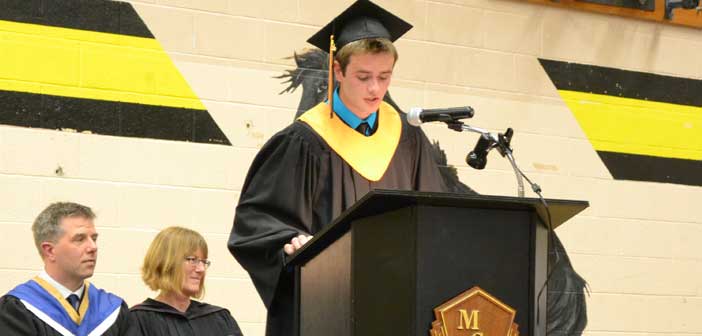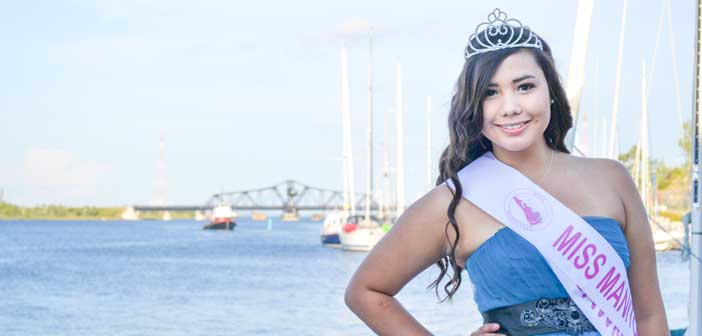The schools that teach political punditry are going to have to revisit their curricula and case studies after predicting last week in Ontario (most of them so spectacularly inaccurately) the outcome of the Ontario provincial election. Virtually no pundit or pollster predicted another majority Liberal government resulting from the June 12 election.
Their counterparts in British Columbia, prior to the most recent provincial election there, had also predicted virtually anything but the majority Liberal government that the voters returned and, this winter, most pollsters were reluctant to accurately predict the utter collapse of the Parti Quebecois’ vote in Quebec’s provincial election that reduced the pre-election minority separatist party to a small rump of MLAs from rural ridings while bringing in a Liberal majority government.
The interesting common theme is not that three majority Liberal governments were unexpectedly (at least according to most pollsters) elected in various provincial elections but rather that the polling and political predicting communities have gotten their prognostications so spectacularly wrong.
This disconnect between grassroots voters and the professional political observer class is proving to be more than a little interesting, but disturbing as well. Interesting, because it’s human nature to find it amusing when a professional community gets things wrong, especially when it apparently has access to polls and trends that should guide it to a relatively informed observation on an upcoming election.
But also disturbing because the political pundits are seen by much if not most of the community as another branch of the news gathering industry.
The observations of expert professional political observers are, for the most part, communicated to voters during an election period through the mainstream media.
When they get things wrong, as these professional political observers have done so consistently in recent Canadian history and so are discredited, it’s a matter of guilt by association for the television networks, major daily newspapers and regional newspaper chains and news radio stations who deliver information that the vote, when it comes, proves to have been inaccurately predicted.
Here is an example: on the CBC television national newscast the night before last Thursday’s Ontario election, the CBC cited a very recent “poll of committed voters” that apparently indicated virtual neck-and-neck support with the Liberals at 33 percent, the Progressive Conservatives at 31 percent and the NDP (here a “recent four point surge” was reported) at 30 percent.
In other words, no matter what cadre of the voting population “committed voters” was supposed to represent, the poll supposedly indicated that each of the three major parties’ numbers were well within one another’s margin of error and so people were left with the impression that the parties were entering election day in a dead heat.
We know now that was far from the case and that this poll, reported nationally on the eve of the election, was wildly inaccurate.
While this was not research conducted by the CBC itself but was information provided by, presumably, informed sources and merely presented by the CBC, many people are bound not to make this distinction, instead believing that the national broadcaster got it dead wrong with the associated loss of credibility that news media suffer when they are deemed to have “gotten it wrong”.
And “getting it wrong” is not something that news media of all stripes can afford to do, especially just now when, for many people, those “trusted news voices” are being replaced as sources of information by online sources of news and opinion including blogs, citizen journalism and other people’s random opinions rapidly communicated through all manner of social media.
Traditional news media that employ professional reporters and report news without fear or favour and without bias remain very important institutions, especially in this age of “anything goes” digital news distribution with its provenance as sources unknown.
It goes without saying that traditional national media, in reporting information that proves to be inaccurate and in the case of political polls doing so over and over, is doing a great disservice to their future credibility and so to their future usefulness and importance to the democratic process.
Perhaps filling up broadcast hours and news columns with pollsters’ best guesses isn’t such a good idea, either in the short or long terms.
Traditional news media, at this critical point in history when they still have credibility but are also locked in mortal combat with bloggers and all the rest, are spending their capital when they pontificate with great inaccuracy seemingly over and over again respecting the outcomes of political matches.
For the sake of all our democratic institutions, it’s much better to leave these guessing games to the new media and for the traditional press to do what they do best: report accurately on news and politics with appropriate analysis.




